Brian Vahaly: Tennis trailblazer aims to make the court a safe space for queer athletes
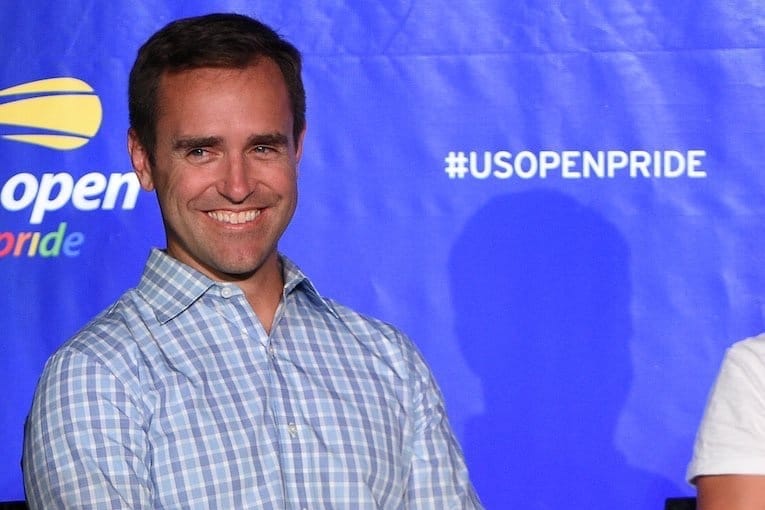
As the tennis world turns its attention to Flushing Meadows for the 2025 US Open, one voice is rising above the baseline buzz - not for his serve, but for his stance. Brian Vahaly, the first openly gay man to have played on the ATP Tour and now President of the United States Tennis Association (USTA), is using his platform to champion LGBTQ+ inclusion in a sport long seen as conservative and closeted.
Vahaly, a former top 100 player, came out publicly in 2017 - ten years after retiring from professional tennis. His decision, he says, was driven by fatherhood. “You’re just looking at [your children] and thinking about the life you want to build for them… Suddenly, I felt this overwhelming sense of responsibility not only to my kids, but almost to the younger version of myself who had nobody to look to and often felt lonely and isolated,” he told NBC News.
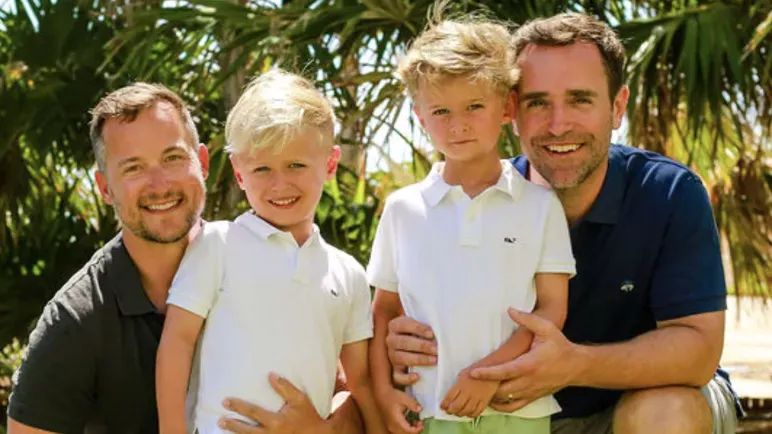
Now 46, Vahaly is determined to ensure that the next generation of queer athletes won’t have to feel the same way. As USTA President, he’s spearheading initiatives to make tennis more inclusive - from Pride Nights at the US Open to partnerships with LGBTQ+ advocacy groups like Athlete Ally and The Trevor Project.
But the journey hasn’t been without backlash. After coming out, Vahaly received thousands of hateful messages, many targeting his family. “There was a lot of feedback I received about raising kids into this world, having kids without a mother,” he said. “I was disappointed… but I was very well-prepared”.
His own path to self-acceptance was fraught with internalised homophobia, shaped by a conservative upbringing and locker room culture where slurs were commonplace. He even underwent so-called “conversion therapy” in his youth - an experience he now calls a tragic waste of time.
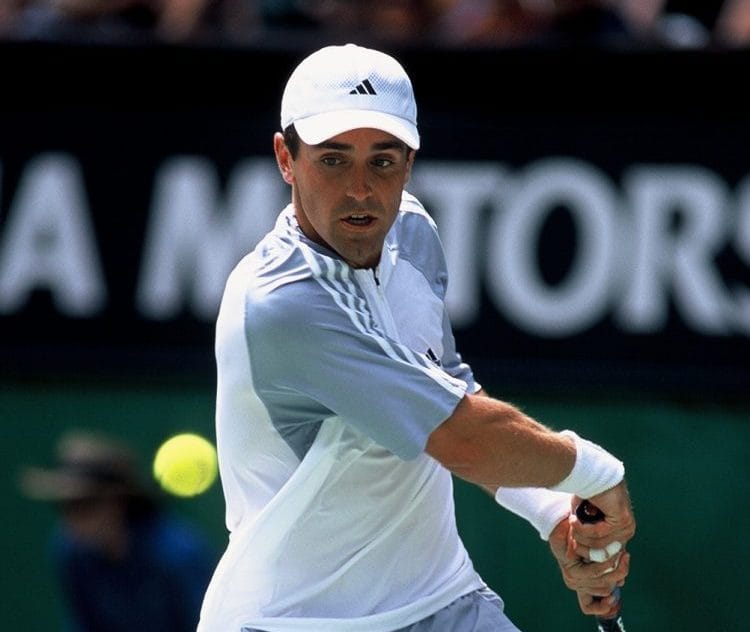
Despite the challenges, Vahaly remains hopeful. He points to the emergence of Brazil’s João Lucas Reis da Silva - the first active male pro to come out - as a sign of progress. Still, he acknowledges the barriers that remain: financial risks, cultural stigma, and the global nature of the tour, which includes stops in countries where homosexuality is criminalised.
“The new generation thinks about inclusion and about being themselves so differently than my generation,” Vahaly said. “Once we start to build the numbers, you’ll start to see those athletes making it up to the pro tour”.
As the US Open prepares to host its fifth annual Open Pride Day on 28 August, Vahaly’s message is clear: tennis must be a safe space for everyone. “I’m not trying to push something down anybody’s throat,” he said. “I’m simply trying to show how and why we’re actually not that different. I think that allows the space for people to be open to diversity and inclusion”.



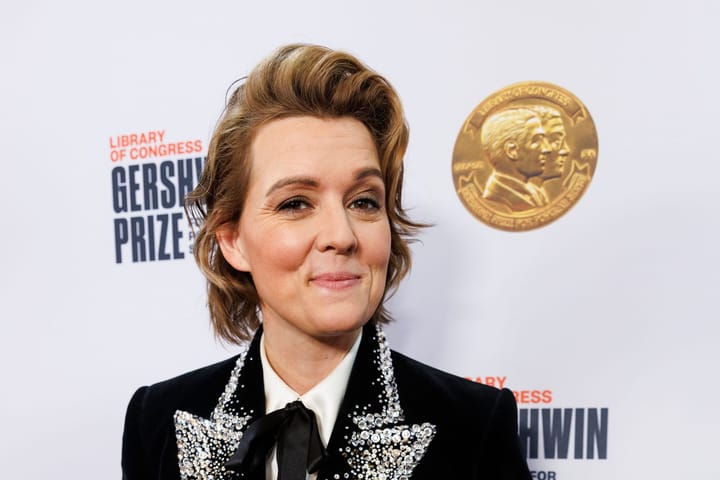
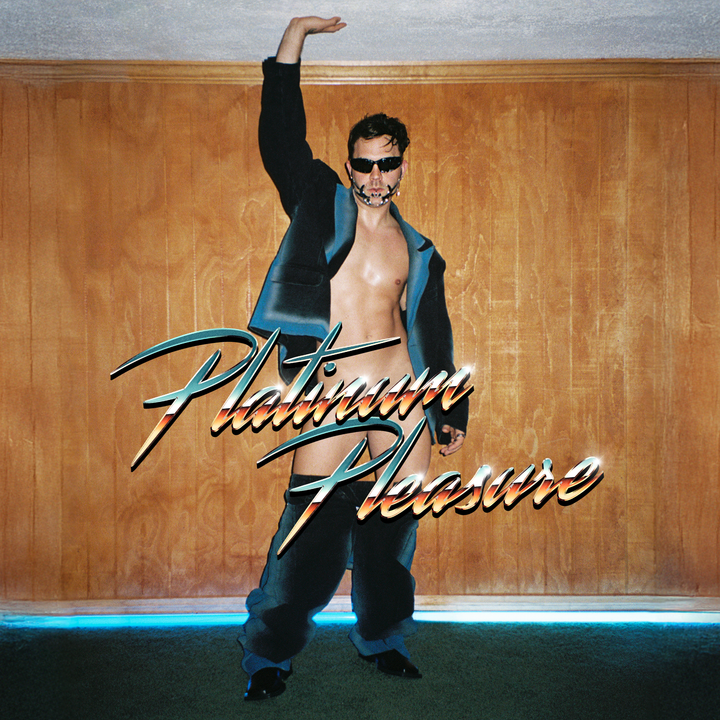
Comments ()